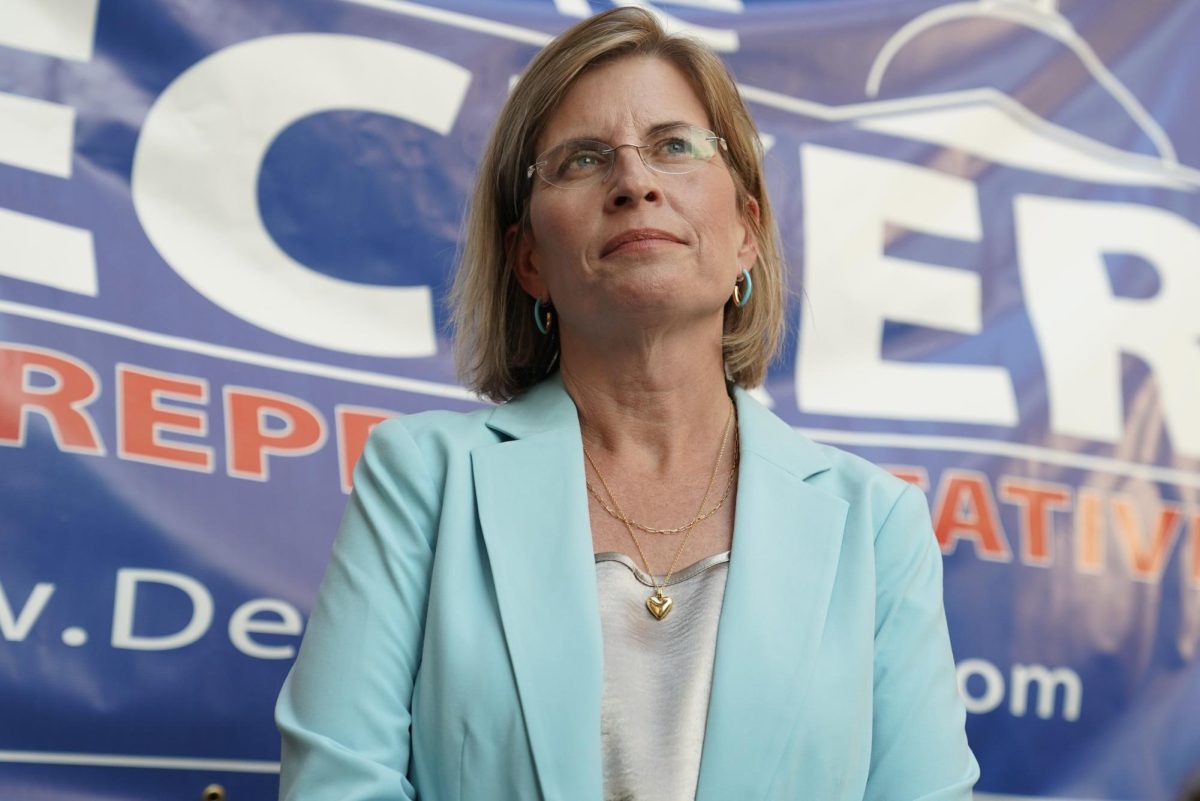While seldom generating massive turnout, Massachusetts State Representative elections give constituents in each of the 160 districts a voice in how their state and district operate. Each district is composed of approximately 40,000 citizens, who have the opportunity to vote every two years on who they want to represent them in the State House.
The election in the 25th Middlesex district is a unique one during this election cycle. 12-year State House veteran Marjorie Decker is running against a newcomer Evan Mackay. Marjorie Decker started her career in public service when she attended Cambridge Rindge and Latin School and served on the School Committee as a Student Representative. She would then go on to the Cambridge City Council, where she served for fourteen years, two of which as Vice Mayor.
Her opponent, however, is new to politics. Evan Mackay’s Cambridge roots stem from undergraduate and graduate degrees at Harvard, jumpstarting a career thus far centered around community work. They are a union leader, Harvard teaching fellow, and a Cambridge LGBTQ+ Commissioner.
Both candidates’ pursuits of social service stem from their childhood. For Marjorie Decker, it was seeing her mother work double shifts as a nursing assistant to provide for her and her father, who suffered PTSD after returning from the Vietnam War. For Evan Mackay, it was seeing their family take in over 100 foster kids throughout their youth, opening their eyes to the school-to-prison pipeline and the effect that a helping hand can have on someone struggling.
Ultimately, this election is boiling down to one thing: transparency. Evan Mackay is challenging the status quo of the Massachusetts Legislature; notably, one that enacts the fewest bills in the country, at an astonishing 0.2% rate compared to bills introduced. Furthermore, Massachusetts is one of only a few states that does not require representatives’ votes to be made public, reducing accountability to voters. Mackay is running a campaign centered around ending this seemingly anti-democratic practice, which they see Decker as an active participant of.
But a win for Mackay has other implications as well: Marjorie Decker has the legislative pull to get her progressive bills to the table. She has passed numerous gun safety bills, maternal health bills, and Chairs the Joint Committee on Public Health. She has authored and passed comprehensive Child Mental Health legislation, as well as bills supporting unions and their workers. Hopefully, this election serves as a reminder to Massachusetts voters that their votes do matter.
This past Tuesday’s election closed the chapter of this race but did so surprisingly. The clear cut favorite and incumbent in Marjorie Decker seemingly lost the election by a mere 40 votes out of the nearly 7,000 votes counted on Election Night, leading MacKay to declare victory. However, after a recount the following day, Marjorie Decker was found to be the winner—this time with her as the beneficiary of 40 votes. This election, even though victorious for the incumbent, shows how little a politician can take for granted years of experience in an elected role. When the next election cycle rolls around, voters won’t forget how close this one came out to be and it will be a reminder of the power of individual votes.
This article also appears in our September 2024 edition.







